



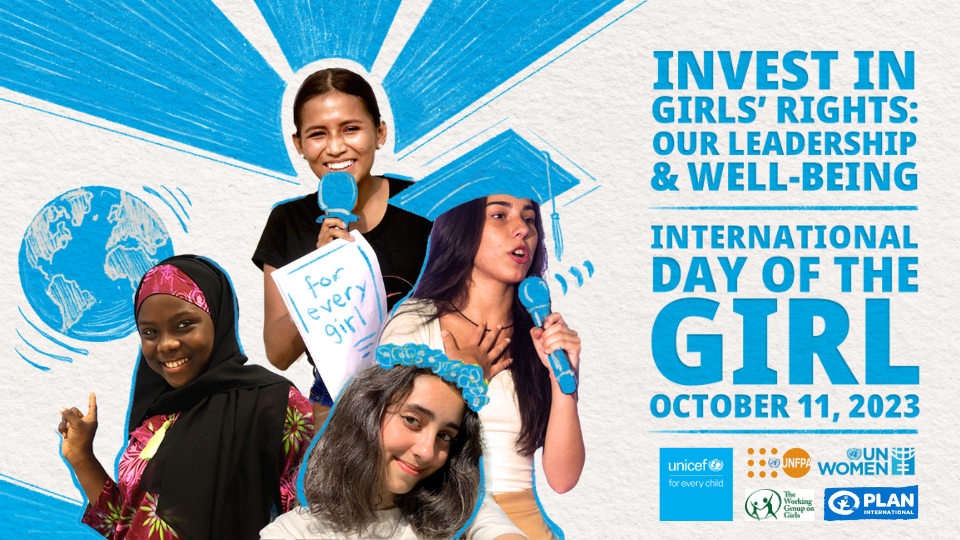

Copyright infringement not intended
Picture Courtesy: www.un.org
Context: International Girl Child Day, observed on October 11, is a day dedicated to raising awareness about gender inequality and advocating for the rights and empowerment of girls.
International Girl Child Day 2023
|
National Girl Child Day ●National Girl Child Day is celebrated in India every year on January 24th. ●It was initiated in 2008 by the Ministry of Women and Child Development and the Government of India to spread public awareness about the challenges and discrimination faced by girls in Indian society. ●The day aims to promote awareness about the importance of girl child education, health, and nutrition, as well as to address issues like female foeticide, child marriage, and gender-based violence. |
Empowering Women: Addressing Challenges and Paving the Way Forward
About
Challenges Faced by Women
|
Gender Inequality and Discrimination |
●Gender inequality is a pervasive issue that affects women in almost every aspect of their lives. ●Discrimination based on gender denies women opportunities and perpetuates social norms that hinder their progress. This discrimination manifests in various forms, including the gender pay gap, limited representation in leadership positions, and gender-based violence. The normalization of such disparities reinforces the need for society to confront and challenge these deeply ingrained prejudices. |
|
Limited Access to Education |
●Access to quality education is fundamental to empowering women and fostering gender equality. Unfortunately, millions of girls around the world still face barriers to education, ranging from cultural norms that prioritize boys' education to a lack of adequate school facilities. ●Educated women contribute significantly to economic growth, social progress, and improved health outcomes. Thus, addressing barriers to education is crucial in creating a future where all women have equal opportunities to learn and thrive. |
|
Healthcare Disparities |
●Women often face disparities in healthcare, particularly in low-income countries. Limited access to essential healthcare services, including maternal care and family planning, puts women's lives at risk. Additionally, stigmatization around women's health issues, such as menstruation and menopause, further exacerbates these challenges. ●Closing the healthcare gap requires comprehensive efforts, including increased investment in women's health programs, awareness campaigns, and policy changes. |
|
Gender-Based Violence |
●Gender-based violence is a global epidemic that affects women of all ages, races, and socioeconomic backgrounds. From domestic violence and sexual harassment to human trafficking and female genital mutilation, women face threats to their safety and well-being daily. ●Ending gender-based violence requires a concerted effort from governments, organizations, and communities. It involves implementing and enforcing stringent laws, providing support services for survivors, and challenging societal attitudes that perpetuate violence against women. |
|
Lack of Economic Opportunities |
●Economic empowerment is essential for women to achieve independence and contribute meaningfully to society. However, women often face barriers such as limited access to credit, gender bias in the workplace, and lack of representation in entrepreneurship. ●Bridging the economic gender gap necessitates creating supportive environments for women in the workforce, promoting women's entrepreneurship, and ensuring equal pay for equal work. |
|
Intersectionality of Women’s Issues |
●It's crucial to recognize that woman’s experiences are intersectional, meaning they are influenced by various factors such as race, ethnicity, sexual orientation, and socioeconomic status. ●Intersectionality highlights the unique challenges faced by women belonging to marginalized communities. Addressing women's issues must, therefore, be inclusive and acknowledge the diversity of women's experiences. Intersectional feminism emphasizes the importance of addressing all aspects of identity to create an equitable society for all women. |
Way Forward: Empowering Women for a Better Future
Conclusion
Must Read Articles:
GENDER GAP: https://www.iasgyan.in/daily-current-affairs/gender-gap
PROGRESS MADE IN HUMAN DEVELOPMENT OF WOMEN AND GIRLS: https://www.iasgyan.in/daily-current-affairs/progress-made-in-human-development-of-women-and-girls
CHILD MARRIAGE: https://www.iasgyan.in/daily-current-affairs/child-marriage-9
|
PRACTICE QUESTION Q. What role have women played throughout history in shaping social, political, and economic structures, and how has their influence evolved over time? |



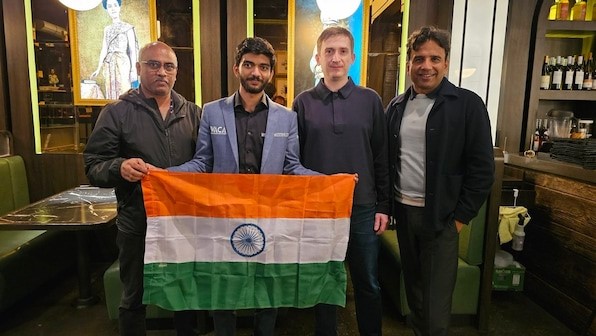
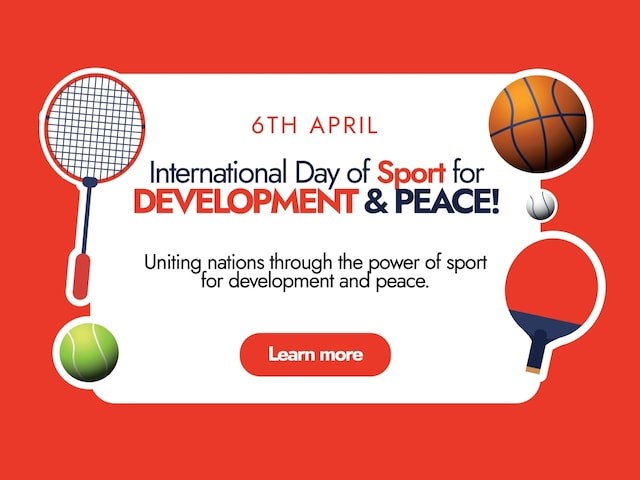
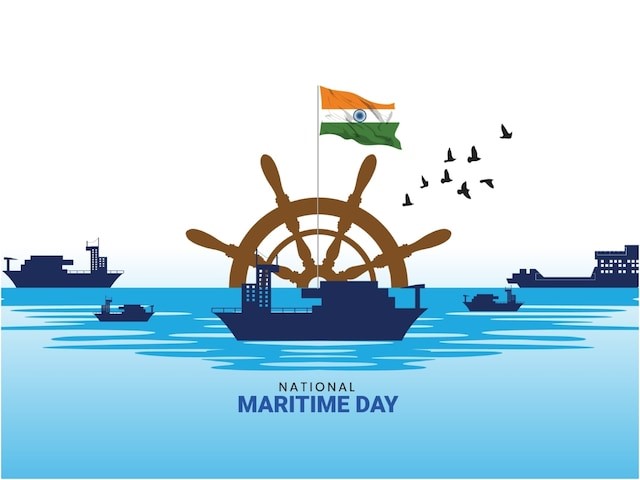



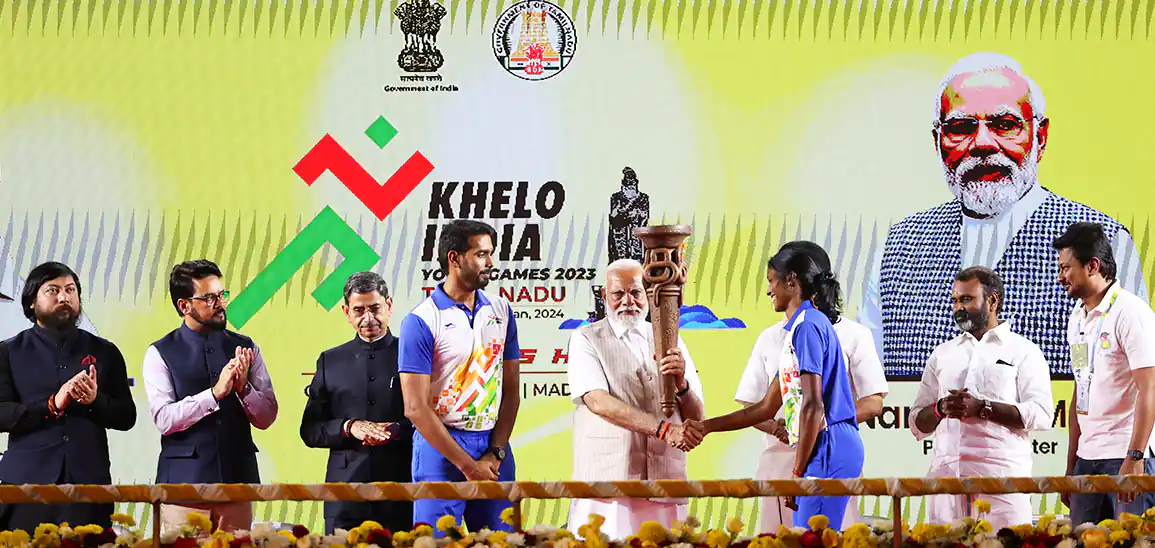

© 2025 iasgyan. All right reserved